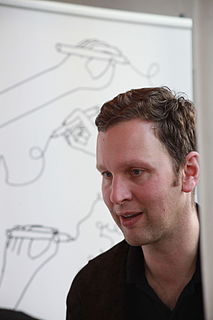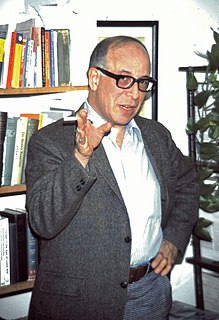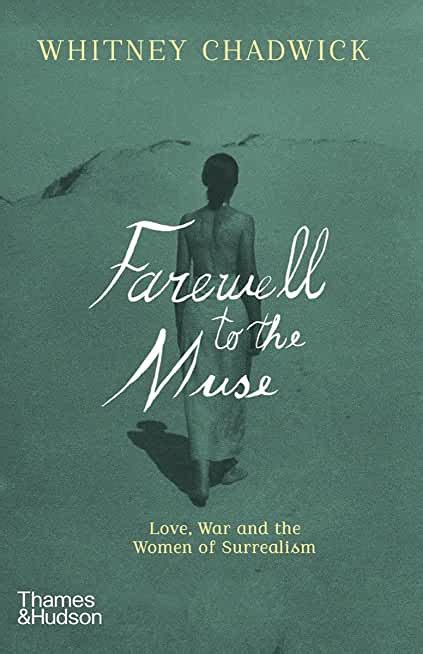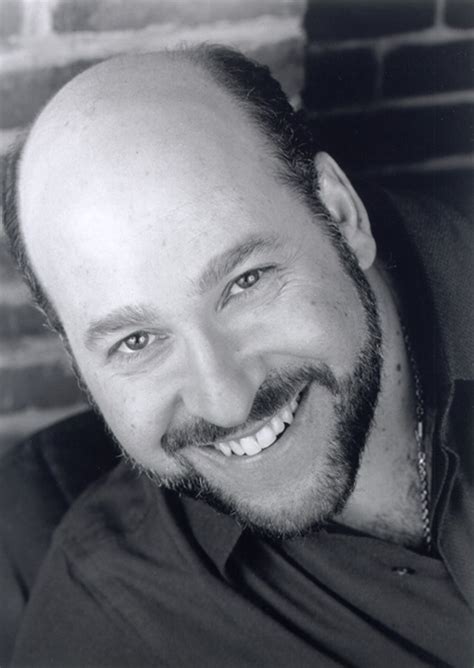A Quote by Danielle Dutton
I was trying to focus on Margaret's trajectory as an artist, as a woman and an artist. Hopefully Cavendish experts won't be angry at me for anything I've left out. I feel like all the major movements of her life are there.
Related Quotes
The woman who needs to create works of art is born with a kind of psychic tension in her which drives her unmercifully to find a way to balance, to make herself whole. Every human being has this need: in the artist it is mandatory. Unable to fulfill it, he goes mad. But when the artist is a woman she fulfills it at the expense of herself as a woman.
The trouble with science fiction is that you can write about everything: time, space, all the future, all the past, all of the universe, any kind of creature imaginable. That's too big. It provides no focus for the artist. An artist needs, in order to function, some narrowing of focus. Usually, in the history of art, the narrower the focus in which the artist is forced to work, the greater the art.
The bizarre but all too common transformation of the woman artist from a producer in her own right into a subject for representation forms a leitmotif in the history of art. Confounding subject and object, it undermines the speaking position of the individual woman artist by generalizing her. Denied her individuality, she is displaced from being a producer and becomes instead a sign for male creativity.
Why was the painting made? What ideas of the artist can we sense? Can the personality and sensitivity of the artist be felt when studying the work? What is the artist telling us about his or her feelings about the subject? What response do I get from the message of the artist? Do I know the artist better because of the painting?
But when I realized it was actually going to be this portrait of the artist, birth to death, I had to then discover who Margaret as a young woman would be. I had to find the different voices for her throughout her life. I had a lot of fun discovering that. I had a lot of fun writing the childhood sections. By imagining her childhood, I was able to come up with this voice that matures as she gets older.
There's a perception that if an artist produces another artist, they're going to imprint on them. But I'm the opposite. I want to hear that artist; I don't want to hear me - that's the last thing I want to hear. There are a lot of technical studio things I've learned or figured out, and I feel like I could use those things to help other people with what they're doing.































